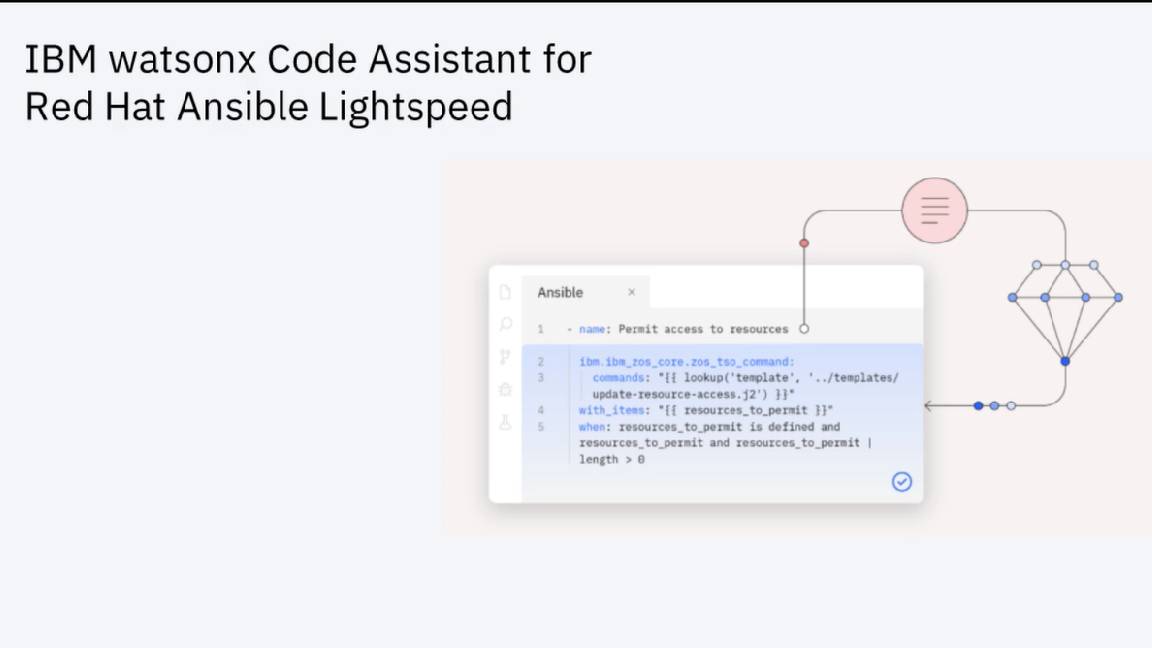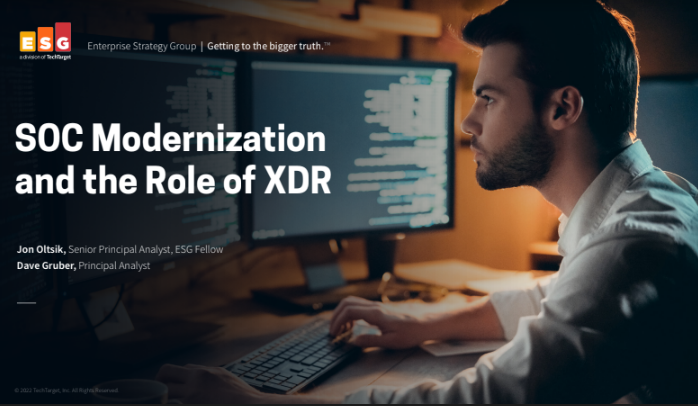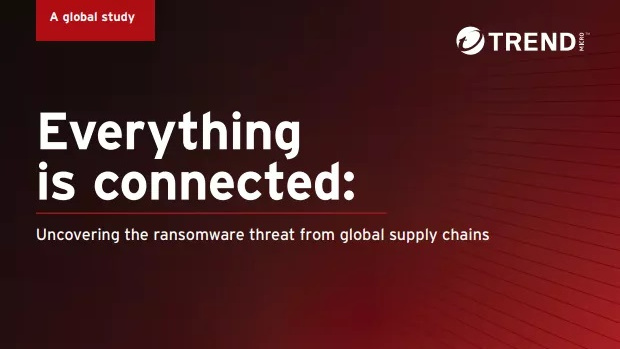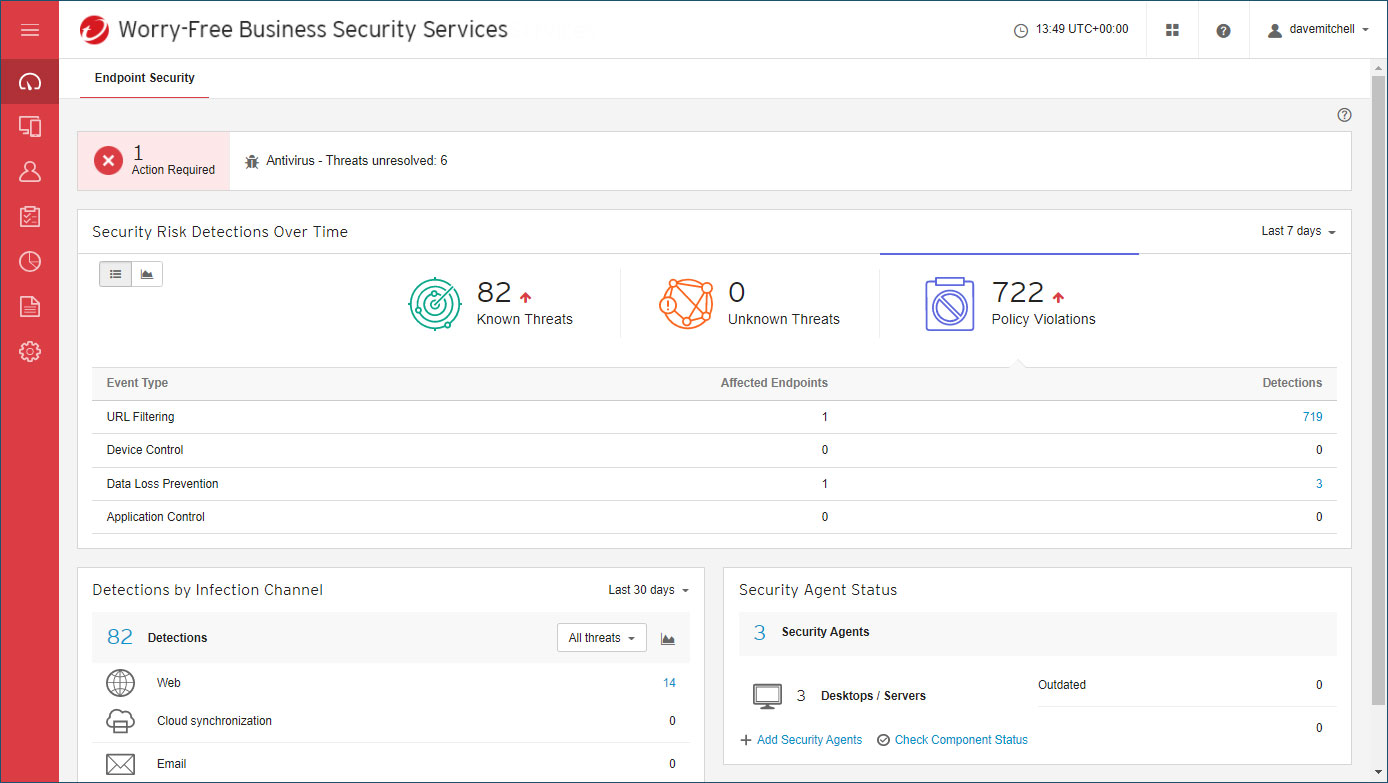Exploitation of Docker remote API servers has reached a “critical level”
Hackers are targeting Docker’s remote access API as it allows them to pivot from a single container to the host and deploy malware with ease


Hackers are exploiting unprotected Docker remote API servers to deploy malware, with researchers stating the threat has reached a “critical level” and warning organizations to act now.
A report from Trend Micro published on 21 October details how researchers observed an unknown threat actor abusing exposed docker remote API servers to deploy the ‘perfctl’ malware.
The attack sequence begins with the attacker pinging servers to establish the presence of a vulnerable Docker remote API server. In the next stage, the attacker was observed creating a Docker container, deliberately giving it a similar name to a legitimate one.
The container is configured to operate in privileged mode, and the attackers utilized the process ID ‘host’, allowing it to share the same PID namespace as the host system.
“This means the processes running inside the container will share the same PID namespace as the processes on the host. As a result, the container's processes will be able to see and interact with all the processes running on the host system in the same way as all running processes, as if they were running directly on the host,” the report explained.
Attackers then execute the Base64 encoded payload via the Docker Exec API. The payload’s initial goal is to escape the container using the ‘nsenter’ command, which effectively grants similar capabilities as if it were running in the host system.
After the payload is decoded, it checks for duplicate processes and creates a bash script that configures various environment variables to enable the subsequent stages of the attack.
Sign up today and you will receive a free copy of our Future Focus 2025 report - the leading guidance on AI, cybersecurity and other IT challenges as per 700+ senior executives
The bash script downloads a malicious binary disguised as a PHP extension, helping it avoid file extension-based detection, which will then perform a number of further actions which kill processes, set permissions, update the PATH environment variable, and execute commands in the background.
Remote access API is handy but presents attackers with a juicy target
The report noted that the malware has a robust persistence strategy utilizing systemd services or cron jobs to ensure it is able to remain active after the system is restarted, making it even more difficult to eradicate.
Trend Micro warned that the exploitation of Docker remote API servers “has now reached a critical level where the attention of an organization and its security professionals is seriously required.”
“It is essential that every organization's Docker Remote API server is secured, monitored regularly for unauthorized access and suspicious activities to reduce the risk of attacks, and has security patches up to date,” the report added.
Katie Paxton-Fear, API researcher at Traceable AI, said this case underscores the risks associated with enabling the remote access API by default.
RELATED WHITEPAPER

"While remote access APIs can make management a breeze, easily deploying new docker containers, you should really think twice before enabling it by default. If you are not 100% sure you need this feature, the safest thing to do is disable it. In this case the researchers were able to pivot from a single docker container to the host via a container escape, but if the management API is simply disabled when not in use the vulnerability is completely avoidable.”
Paxton-Fear said that if firms do require the remote management API, they should understand the high level of access it can offer a threat actor if compromised.
“If you do need the remote management API, it's important to remember all management APIs have extremely high levels of access, and can create and modify resources at will so you must ensure you use strong authentication and authorization to ensure that not only can only those with valid credentials access a management consoles, but also that they have the correct permissions,” she advised.
“This allows you to easily revoke access, but if a user's credentials are leaked, it is also vital to have logging and monitoring in place for docker exec so you are aware when new containers are created and used."

Solomon Klappholz is a former staff writer for ITPro and ChannelPro. He has experience writing about the technologies that facilitate industrial manufacturing, which led to him developing a particular interest in cybersecurity, IT regulation, industrial infrastructure applications, and machine learning.
-
 A threat to Google’s dominance? The AI browser wars have begun – here are the top contenders vying for the crown
A threat to Google’s dominance? The AI browser wars have begun – here are the top contenders vying for the crownNews Perplexity has unveiled its Comet browser while OpenAI is reportedly planning to follow suit
-
 Google Cloud Summit London 2025: Practical AI deployment
Google Cloud Summit London 2025: Practical AI deploymentITPro Podcast As startups take hold of technologies such as AI agents, where is the sector headed?
-
 Cyber criminal underground “thriving” as weekly attacks surge by 75% in Q3 2024
Cyber criminal underground “thriving” as weekly attacks surge by 75% in Q3 2024Cyber attacks reached another all-time high this quarter as digital crime continues to be a highly profitable industry for threat actors
-
 Alarm raised over patched Phemedrone Stealer malware that's being used to target Windows PCs - here's what you need to know
Alarm raised over patched Phemedrone Stealer malware that's being used to target Windows PCs - here's what you need to knowNews Phemedrone Stealer is being used to exploit a vulnerability in Windows Defender SmartScreen despite the issue being patched in November 2023
-
 SOC modernization and the role of XDR
SOC modernization and the role of XDRWhitepaper Automate security processes to deliver efficiencies across IT
-
 Uncovering the ransomware threat from global supply chains
Uncovering the ransomware threat from global supply chainsWhitepaper Effectively mitigate ransomware risk
-
 The near and far future of ransomware business models
The near and far future of ransomware business modelsWhitepaper Discover how criminals use ransomware as a cyberweapon
-
 Trend Micro security predictions for 2023
Trend Micro security predictions for 2023Whitepaper Prioritise cyber security strategies on capabilities rather than costs
-
 'Potentially unsecured' SMBs are propping up an IT supply chain riddled with ransomware
'Potentially unsecured' SMBs are propping up an IT supply chain riddled with ransomwareNews More than half of IT supply chains have been impacted by ransomware attacks in recent years and organisations are failing to implement the necessary steps to prevent future damage
-
 Trend Micro Worry-Free Business Security review: Great cloud-managed malware protection
Trend Micro Worry-Free Business Security review: Great cloud-managed malware protectionReviews A reassuringly simple endpoint-protection solution – although mobile support is basic